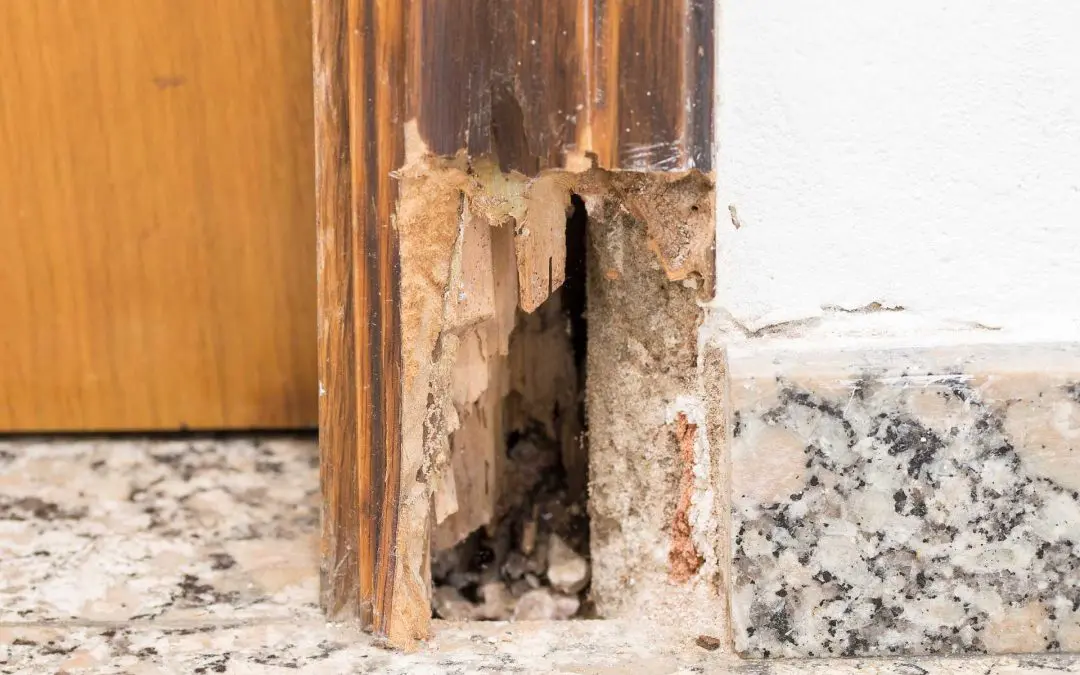Termites can be devastating to homes. They’re silent, persistent, and by the time most homeowners notice them, the damage is already done. But with a few proactive steps, you will prevent termites from becoming a problem. Whether you’re a new homeowner or someone who’s lived in your house for years, termite prevention is something you should take seriously.
Understanding the Enemy: What Attracts Termites?
Termites are drawn to three things: food, moisture, and shelter. Their favorite food is cellulose, which is found in wood, paper, and some fabrics. Your home, especially if it’s made with wood framing or has wooden trim, is a feast for termites. Add in any moisture issues like leaks or poor drainage, and you’ve got the perfect environment for them to thrive.
As the first step toward prevention, identify the spots around your home where wood and moisture combine, like crawl spaces, basements, or areas with poor ventilation.
Keep Moisture Under Control When Preventing Termites
One of the best ways to prevent termites is to eliminate excess moisture around your home. Make sure your gutters are clean and draining properly. Water should be directed away from your foundation. Check for leaky faucets, pipes, or air conditioning units and repair them quickly. If you have a crawl space, consider installing a vapor barrier or a dehumidifier to keep things dry.
It’s also smart to monitor humidity levels inside your home. Basements, in particular, are breeding grounds for termites if they’re too damp. Ventilation is key—keep air flowing in those dark corners where moisture lingers.
Avoid Wood-to-Soil Contact
When wood touches the soil, termites have direct access to their food source. Make sure the wooden parts of your home—especially decks, porches, and siding—are elevated above ground level and use concrete bases or metal barriers wherever possible.
If you store firewood or lumber, keep it at least 20 feet away from your home and raised off the ground. Mulch is also an issue if it’s piled too high or too close to your foundation. Use it sparingly and keep it several inches away from the base of your house.
Regular Inspections Are Key to Preventing Termites
Even with all these preventive measures, termites are crafty. That’s why a professional termite inspection is recommended at least once a year. Trained eyes will catch early warning signs like mud tubes, hollow-sounding wood, or discarded wings—clues that termites are nearby.
If a full inspection isn’t feasible, do your own walkaround every few months. Look for changes in wood around doorframes, windows, and baseboards. If something feels soft or spongy, it’s worth investigating further.
Consider Pre-Treatment and Barrier Systems
Termite pre-treatment is a smart investment if you’re building a new home or planning major renovations. This involves applying termiticides to the soil before construction begins. It creates a chemical barrier that stops termites before they reach your home.
For existing homes, barrier systems and bait stations are available for installation around the perimeter of your property. These systems work by either repelling termites or attracting them to poisoned bait, which is then carried back to the colony.
Some newer treatments are environmentally friendly and non-toxic to humans and pets, so you don’t have to worry about safety if you have kids or animals around.
When to Call the Pros
If you suspect termites, don’t wait. These pests cause thousands of dollars in damage in a surprisingly short amount of time. The sooner you call in a licensed termite professional, the better your chances of controlling the problem without major repairs.
Even if you haven’t seen signs of termites, a pest control expert will help you design a prevention plan that fits your home and region. Termite activity varies depending on climate and geography, so it helps to have someone who knows the local conditions.
Preventing termites is about staying vigilant, managing your home’s environment, and knowing when to call in the professionals. With the right approach, you will enjoy peace of mind knowing your home is safe from one of nature’s most destructive pests. If you ever have questions or concerns, don’t hesitate to reach out to a termite specialist—you’ll be glad you did.
FAQs: Preventing Termites
Can termites get into homes without wood?
Yes. Even homes built from brick or concrete have wooden elements like floor joists, door frames, or roof supports that termites can access.
Are DIY termite treatments effective?
DIY solutions help in the short term, but rarely eliminate the problem entirely. For reliable, long-lasting protection, it’s best to work with a professional.
Is termite damage covered by homeowners’ insurance?
Unfortunately, most homeowners’ insurance policies do not cover termite damage because it’s considered preventable through regular maintenance.
Esham Inspections provides termite inspections and home inspections in Maryland and Delaware. Contact us to schedule our services.

